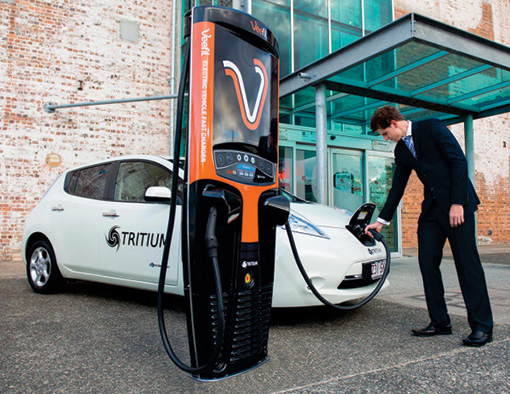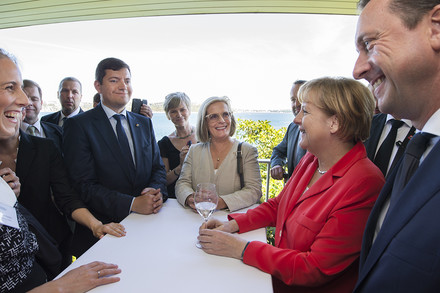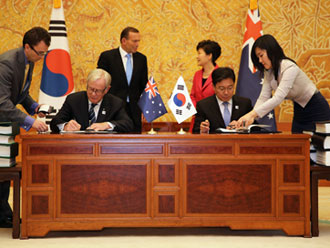China FTA signing brings expanded agricultural trade a step closer
THE opportunities created by the historic China–Australia Free Trade Agreement (ChAFTA) took another step towards reality on June 17 with the official signing of the agreement by trade ministers from both countries.
Agriculture Minister, Barnaby Joyce, said the agreement would deliver significant benefits to Australian farmers upon entry into force later this year.
“The China-Australia FTA eliminates tariffs on a wide range of key agricultural and fisheries products in Australia's largest agricultural export market,” Mr Joyce said. 
“We exported around $9 billion of agricultural products to China in 2014 at tariffs up to 30 percent — which makes Australian farmers less competitive and less profitable.
“The tariff cuts under ChAFTA over the first year are estimated to provide tariff savings of up to $188 million across key growth commodities like beef, sheep meat, hides and skins, livestock, dairy, horticulture, wine and seafood.
“Tariffs on barley, sorghum, oats, some animal feeds and frozen prawns, will be eliminated, that is to zero percent, upon entry into force and Australia has received a duty free Country-Specific Quota for wool,” Mr Joyce said.
“A number of tariffs will be eliminated over four years, including most seafood, fruits, nuts and vegetables, as well as wine and a number of processed foods including canned tomatoes, pasta, chocolate and biscuits to name a few.
“Tariffs of 12 to 25 percent on some of Australia’s biggest exports to China — chilled or frozen beef and sheep meat — will be eliminated in stages over eight to nine years. There are also a number of tariff phase-outs for key dairy exports over four to 11 years.
“These cuts will directly benefit our producers, and underline the commitment of this government to boosting returns at the farm gate.”
Mr Joyce said the agreement closed the gap between Australia and international competitors that already have FTAs with China, such as New Zealand and Chile, and would provide a significant advantage over major competitors such as the United States and European Union, which do not have FTAs with China.
“The Australian Government has a strong commitment to agriculture as a pillar of the national economy and we are consistently working towards the development of new markets for Australian produce,” Mr Joyce said.
“To take full advantage of the outcomes of ChAFTA, the government is actively working to improve and expand technical market access to China for Australian agricultural products.
“This agreement markets the beginning of a new relationship with China and one which we will use to continue to press for improved market access for our producers and exporters.”
The China–Australia Free Trade Agreement was formally signed in Canberra by Australias Minister for Trade and Investment, Andrew Robb, and China’s Commerce Minister, Dr Gao Hucheng.
The next step is ratification of the agreement by both countries, with a goal of entry into force before the end of 2015.
Prime Minister Tony Abbott said Australia’s agriculture sector would be able to capitalise on its well-deserved reputation as a clean, green producer of premium food and beverage products.
“Tariffs will be progressively abolished for Australia’s $13 billion dairy industry,” Mr Abbott said. “Australia’s beef and sheep farmers will also gain from the phased abolition of tariffs ranging from 12-25 percent and all tariffs on Australian horticulture will be eliminated.”
http://www.agriculture.gov.au/market-access-trade/fta
http://dfat.gov.au/trade/agreements/chafta/Pages/australia-china-fta.aspx
ends

 How to resolve AdBlock issue?
How to resolve AdBlock issue? 




